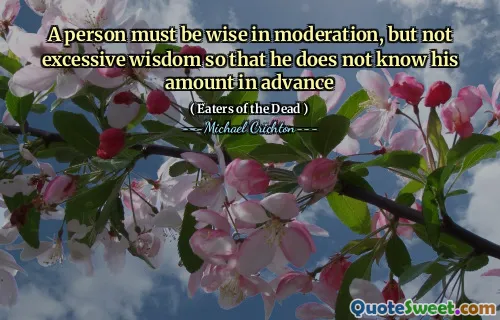
There is always someone better off than you, and there is always someone worse off than you.
This quote encapsulates the fundamental reality of comparative life circumstances. Recognizing that everyone occupies a unique position on the spectrum of fortune can serve as both a humbling and motivating perspective. It reminds us not to become consumed by envy when we see others succeeding more than us, nor to feel overly defeated when we face hardships, knowing that others face struggles in different areas. This understanding can foster emotional resilience and a sense of gratitude, encouraging us to focus on our personal growth and appreciate what we have.
Moreover, it suggests that life is inherently relative. No state, whether joyful or challenging, is absolute; instead, it exists within a comparative context. This can be a powerful realization, helping us to temper our expectations and reduce unnecessary suffering caused by moments of envy or self-pity. Accepting that someone may always have more or less than us encourages humility and helps us cultivate a balanced outlook, appreciating our unique journey without constantly measuring ourselves against others.
On a broader level, this insight promotes compassion. Knowing others are facing their own struggles or have their own triumphs should inspire empathy and kindness. It reminds us that everyone's experience is valid and important, often hidden beneath surface appearances. The acknowledgment of life's uneven distribution encourages gratitude, humility, empathy, and contentment—valuable qualities that can lead to a more peaceful and fulfilling existence.
Ultimately, understanding and accepting this truth can empower us to seek personal contentment, avoid destructive comparison, and develop resilience in the face of life's variable fortunes. It underscores the universal nature of disparity and encourages us to find peace within our own circumstances while remaining compassionate toward others.











